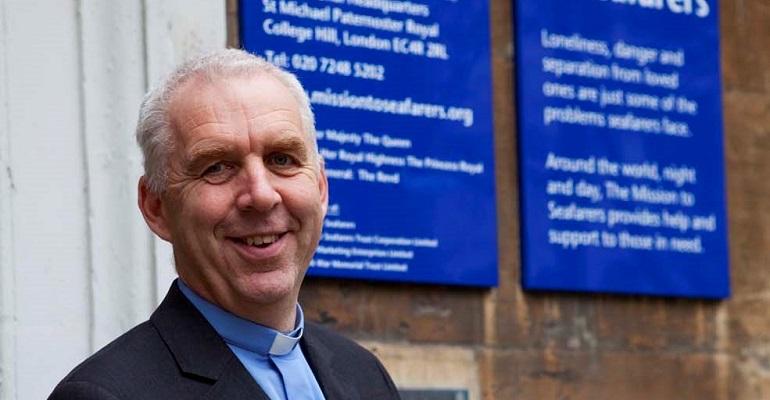In the process this almost runs contrary to the previous view of seafarers as being commodities noted panel chairman, National Maritime Museum director and ex-Euronav ceo Paddy Rodgers. Which really brings the whole problem into focus, as recognised by Columbia Ship Management ceo Mark O'Neil, who said: "Expectations have changed and the shift of power has changed from employer to employee."
Being billed as a session on how to rebuild trust, relationships and reputation gives an idea as to how serious an issue Covid has been for the industry over the past 18 months and the potential long-term effects on talent management.
Many examples of these were highlighted. The tremendous disruption emphasised the importance of communication while also bringing to the fore the shore-to-sea equation and the remote nature of the business, said Pacific Carriers Ltd ceo Hor Weng Yew.
The question going forward is how to enhance and intensify this communication in the face of disruption to our lives, he said while reiterating that trust is key to building this up.
While O'Neil slammed the industry for failing its seafarers, others pointed out that the shipping industry has been somewhat limited in what it can do because of external factors such as the hesitation of governments and port authorities.
This "debilitating sense of losing control of your own destiny", according to Mission to Seafarers secretary general Andrew Wright has undermined trust greatly.
"You lose a lot of predictability because of Covid," said V Group ship management ceo Bjoern Sprotte. The rapid and unpredictable changes at ports have made crew change planning a big challenge for both shore staff and seafarers and the situation has not really improved in many regions, he noted.
In this sense the inability of the industry to be able to address important issues with one voice has been a failing. "Shipping needs an urgent reflection on how to have a stronger voice and how we can sustain that visibility and energy to make sure seafarers have higher visibility in the future," said Wright.
Another shortcoming has been the limited ability to deal with the issue of how families can cope with the situation while their loved ones are stuck out at sea. Where seafarers have not had access to contact with their families it has been difficult for family members and more work needs to be done to address this, said Wright.
Noting that these sorts of issues did not exist before Covid because seatime was relatively fixed and predictable, O'Neil said the most important thing the industry has realised from the Covid crisis was that the people around us are the most important thing, and this represents a fundamental shift in thinking.
However, what it has also shown up is the industry's lack of proper human resource management and how far behind other industries it is in this respect. While some efforts have been made previously, these have slipped.
"This could be a great moment for the development of our people but we need to make sure the lessons learnt from the pandemic don't get lost," concluded Wright.
Copyright © 2024. All rights reserved. Seatrade, a trading name of Informa Markets (UK) Limited.
Add Seatrade Maritime News to your Google News feed.  |


